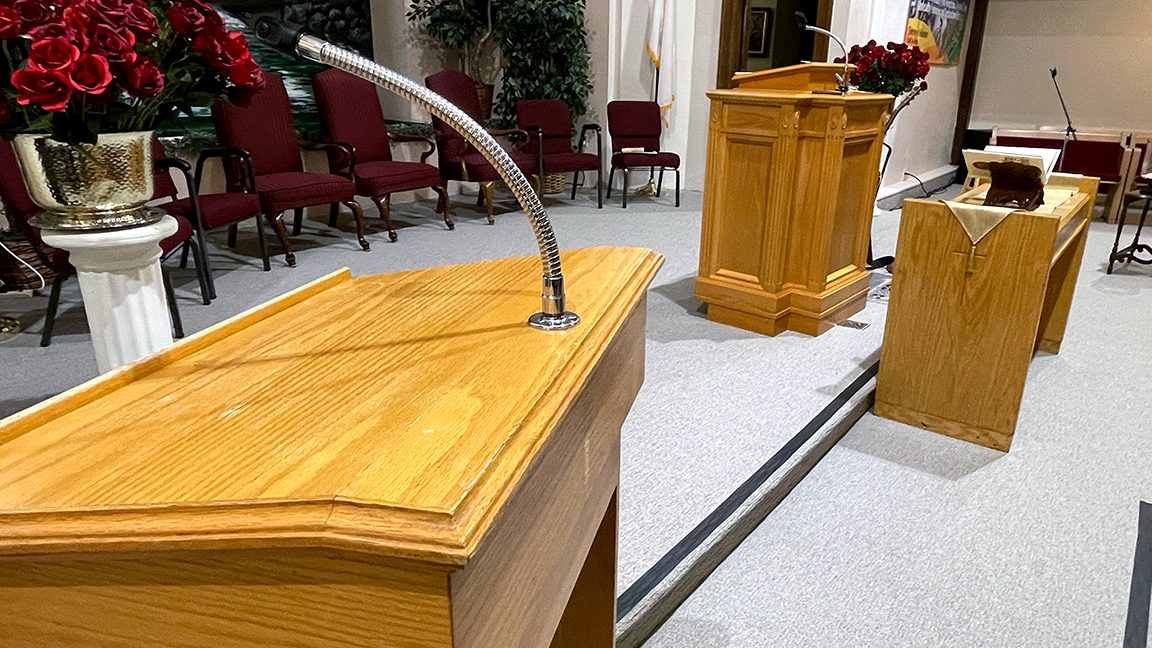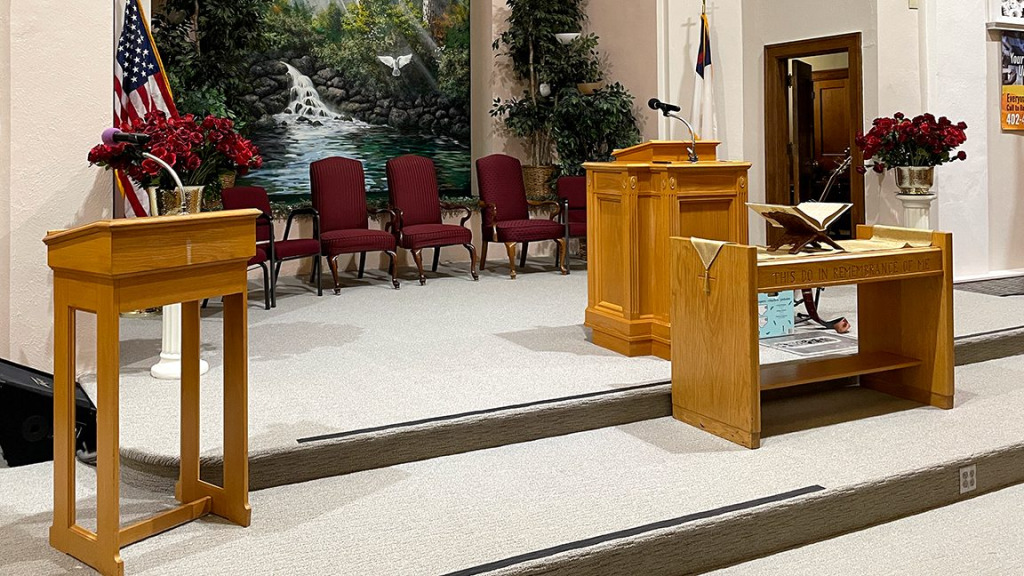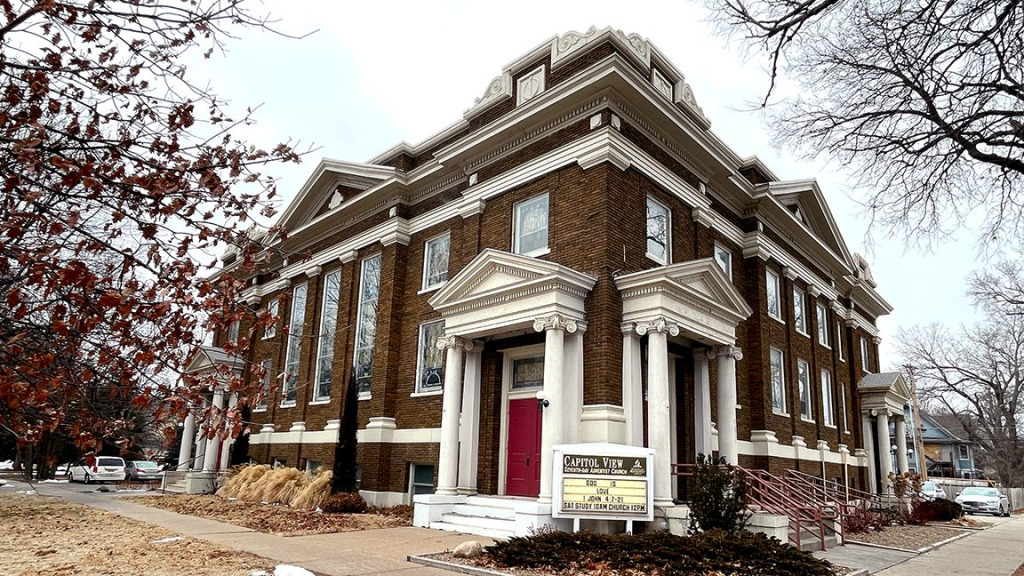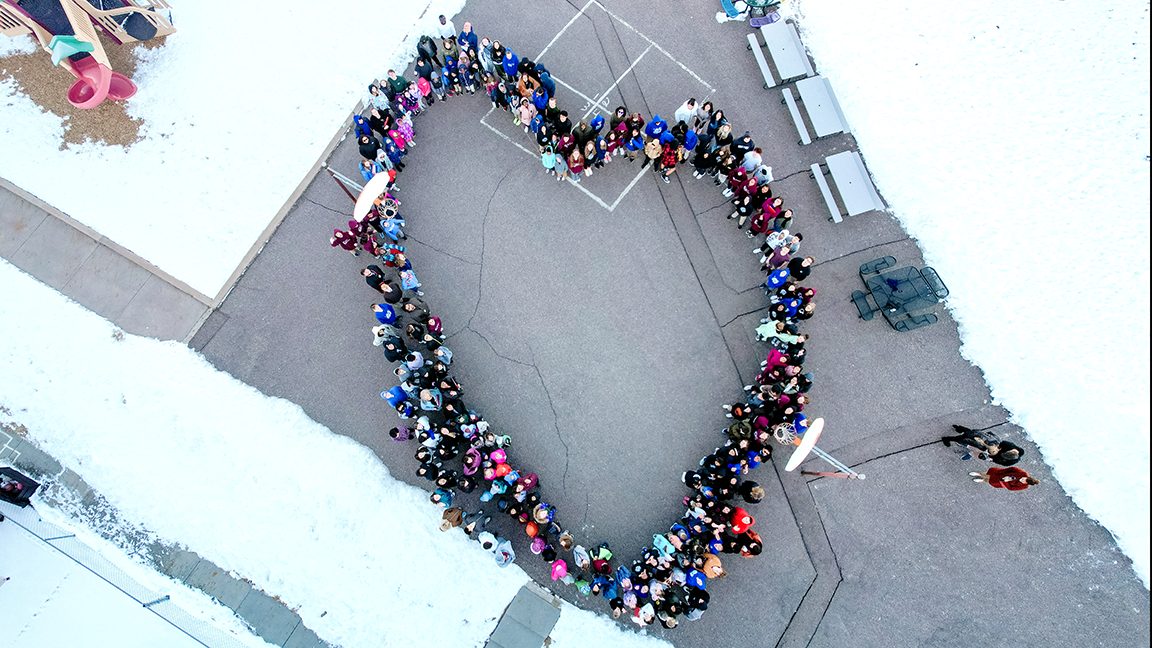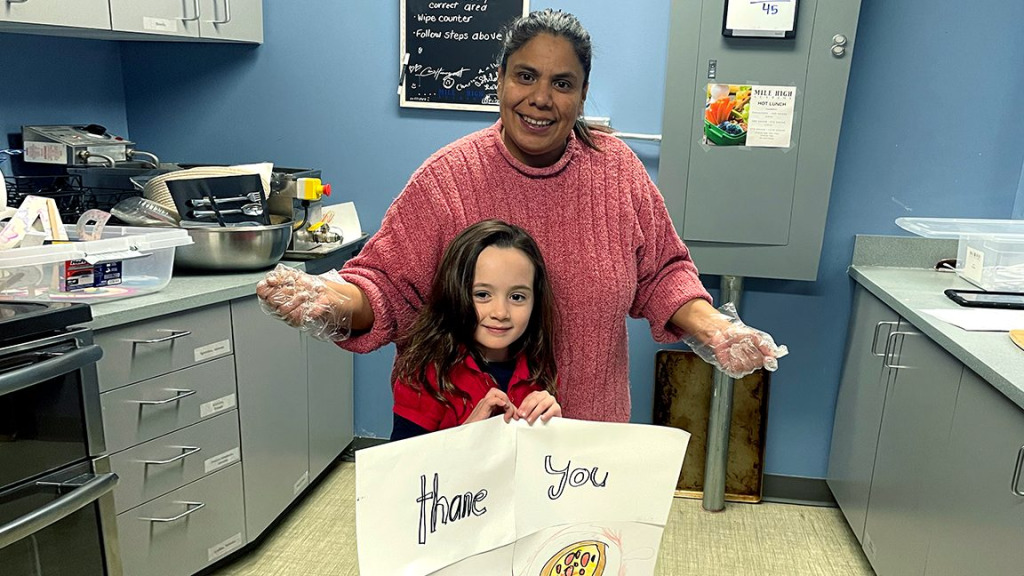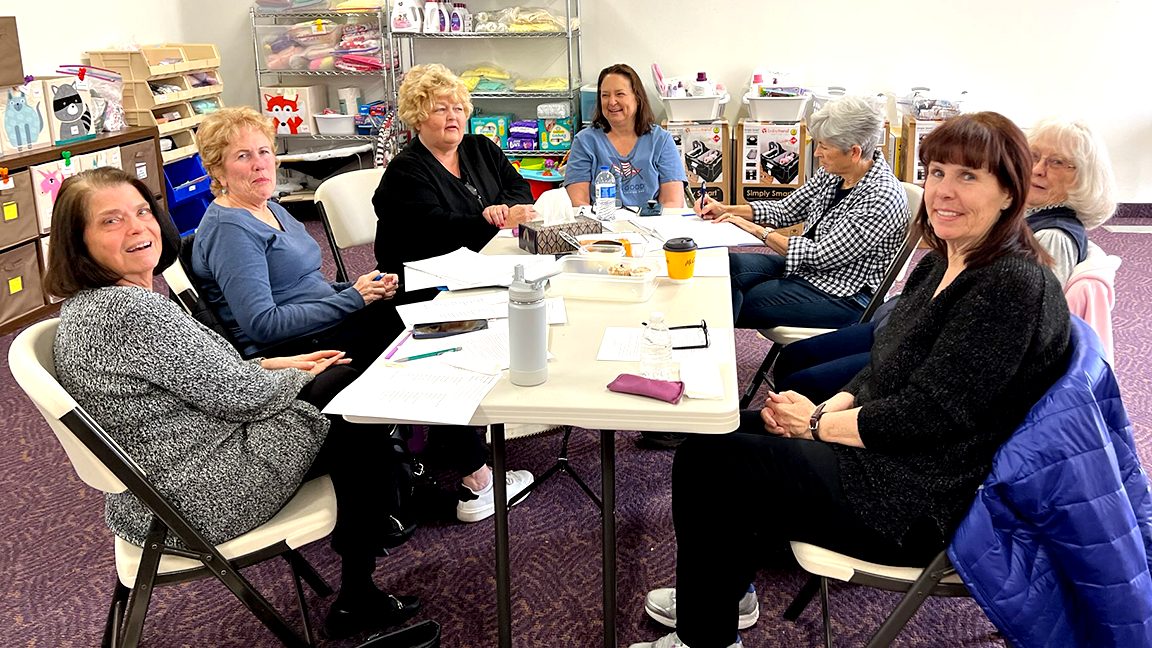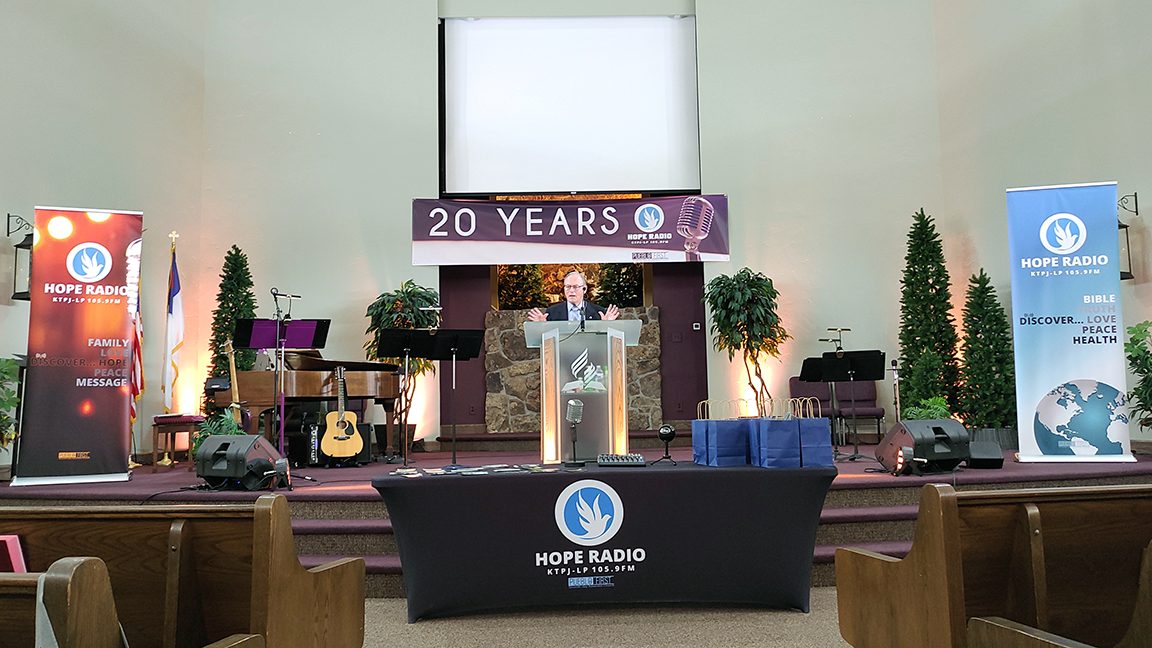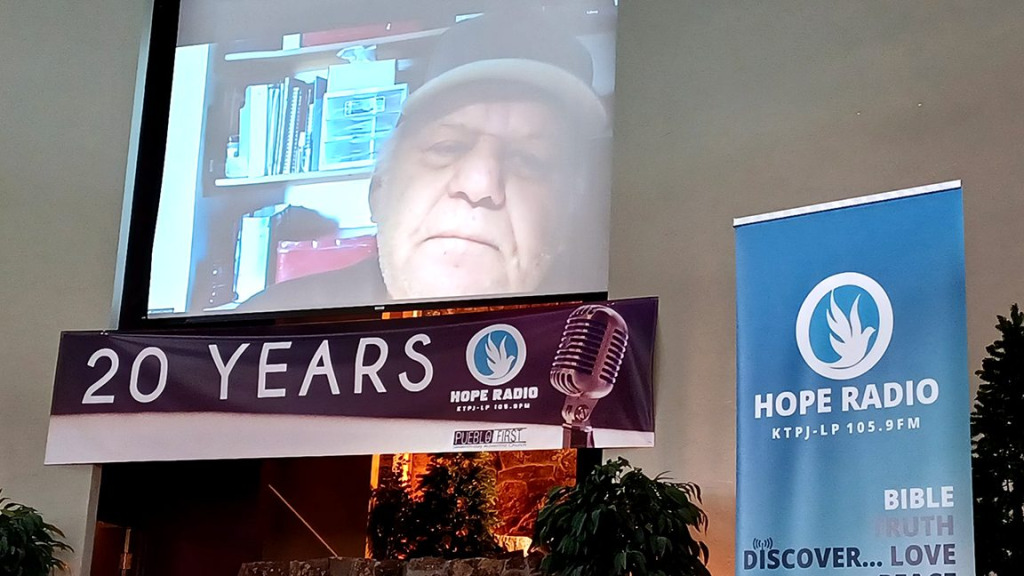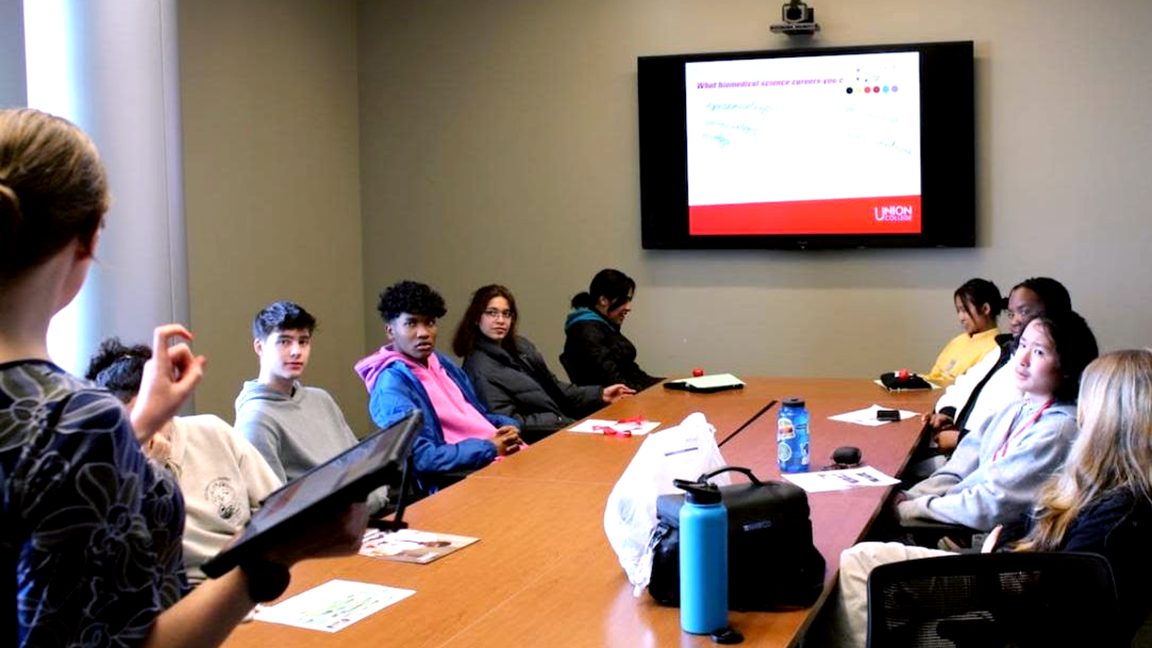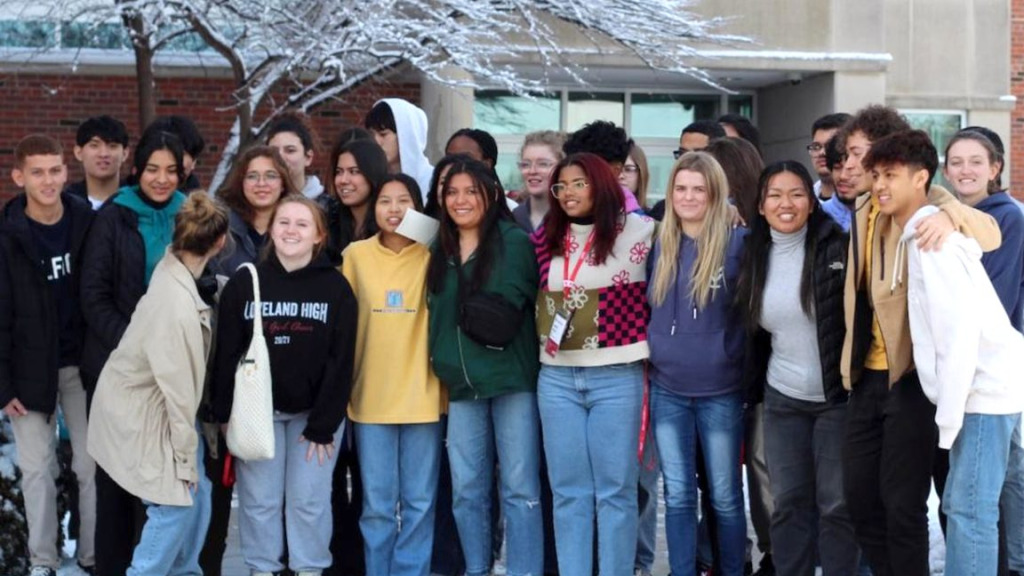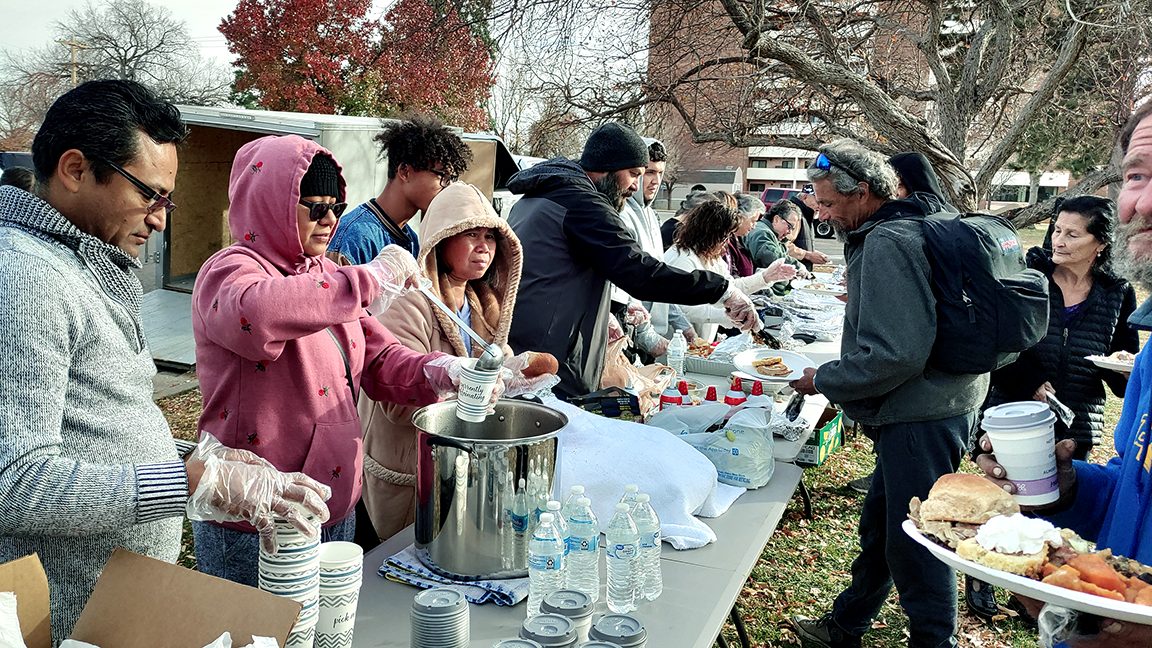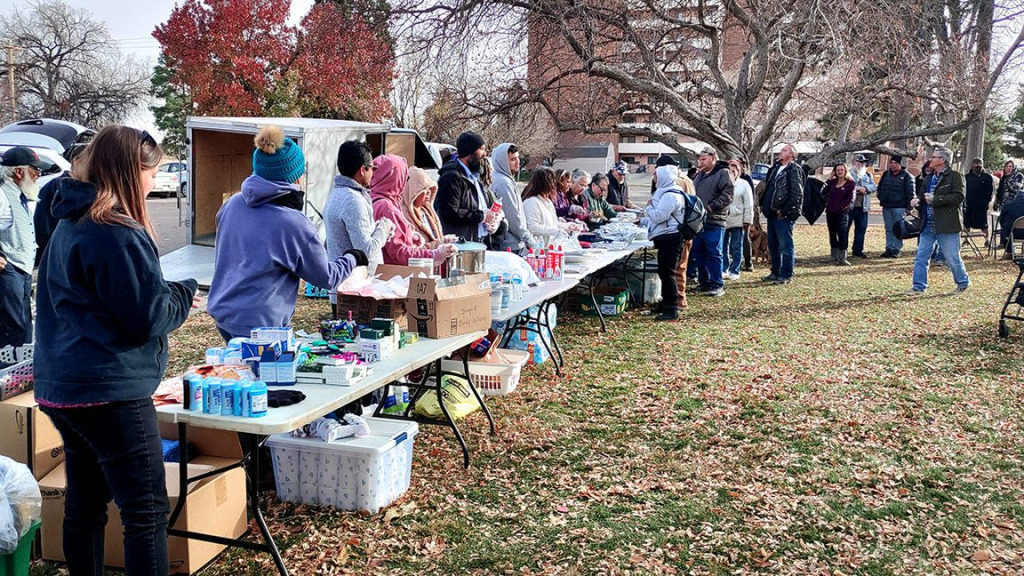Content Warning: This article mentions substance use which may distress some individuals.
If you look at the NAD Counselors Directory, there is only one Adventist Licensed Addictions Counselor in Colorado.
That’s me. I’m that Addictions Counselor. And I dream of a church that talks about addiction differently.
If you were also raised in the Adventist church, you likely learned about the dangers of drug and alcohol addiction through church ministries. Don’t get me wrong; I fully appreciate that I could define temperance by the time I was 12 and recite 1 Corinthians 6:19 in both English and Spanish. The Adventist Health Message was ingrained into my bones through Adventist education, Pathfinder clubs, Summer Camp Ministry, and more. And I was so ready for the day I would feel peer pressure to smoke a cigarette. I knew to say no, and when I was called uncool, it was cooler to say no to drugs.
Oh, and the stories of those who had said yes to that cigarette instead of no? I knew what had happened to them. Their lives were destroyed; they would soon leave the church, drop out of school, and maybe even end up in jail. Others got sick, had lungs that looked like black cottage cheese because of all those smoked cigarettes, and died young. And then there were the miracle stories of those who left the life of addiction, found Jesus, and shared a testimony of deliverance from sin and their victory over drugs. “Phew,” I would think. “I’m glad that’s not me because I always said no to drugs.
And perhaps you think this way too. Phew, not me. Never me. So why does our church, which promotes abstinence, need to talk about addiction differently? Because when we limit the conversations about addiction to avoiding drugs or alcohol, we miss out on the more extensive discussion of developing a healthy relationship with our pleasure-seeking brain. Understanding addictive behaviors has less to do with successfully avoiding all the wrong things and more about reflecting on the things we don’t avoid—the behaviors we constantly seek and crave that we find rewarding, despite their consequences. None of us is exempt from this.
Let’s say you think that chocolate ice cream is the most incredible dessert of all time. And you know it’s not healthy to eat in large portions, but you find yourself overeating even though you’re full, so you start misusing this tasty treat. Your brain begins to get used to the taste of chocolate ice cream, so every time you eat it, you feel like you need more chocolate to get the same level of satisfaction. So, you begin building tolerance. If too much time passes without eating chocolate ice cream, you begin to experience withdrawal by craving it and feeling restless. You go on that late-night chocolate ice cream run. And, when you finally have that scoop of ice cream again, you feel a sense of relief. You have developed a dependency on a pleasurable activity that can lead to negative consequences.
Perhaps this is a silly example, but this pleasure cycle is how our brains function. When we like something, we repeat it. When we dislike it, we are unlikely to repeat it. We want to do things we enjoy, even if it’s not always the best for us. It becomes harder to stop if you get into a repetitive pattern of seeking these activities. Welcome to the life of having a brain. Sometimes, we do what we shouldn’t because it feels good and is hard to stop. And when we experiment with excessive misuse of psychoactive drugs, substances that alter our central nervous system, it disrupts the healthy functioning of our brain. This can lead to severe addiction. In short, a simplified definition of addiction is a “primary, chronic disease of brain reward, motivation, and memory.” 1 And these scientific, evidence-based treatments are continuing to promote an integration of spiritual wellness and integrating faith-based practices to recovery.2
These pleasure-seeking behaviors, whether misuse or dependency, can be more challenging to identify when unaware of the signs. So, give the following exercise a try. Read these questions and fill in the blank on something that gives you pleasure or purpose. This is a list of the negative consequences of a repetitive pattern of seeking out that activity.
Am I spending a significant amount of time on it?
Has it led to persistent social or interpersonal problems?
Am I having trouble controlling or cutting it down?
Do I feel a strong desire or urge to continue it?
How important are the obligations I set aside to engage in it?
Have I given up any important social, occupational, or recreational activities to engage in it?
Do I need an increase in it to feel at peace or normal?
Has it led me to be in any risky situations?
Does it lead me to be in any harm?
Did any of this sound familiar? I am sure you have answered yes to one of these questions at some point in your life. You’re a human with a brain that seeks pleasure—and, of course, you have! If you have answered yes to more than one of these questions, consider the health of your relationship with that thing. Why are you engaging in constant repetition despite these negative consequences? What are you gaining or losing?
The pleasure-seeking activity could be your relationship with food, social media, work, sex, or even ministry. Could you be misusing any of these activities? Could you depend on achieving specific outcomes to feed your self-interests? What is motivating you, and to what extent? It may not be that you’re getting high or drunk, but you could be wrapped up in your self-interests and feel trapped and unable to get out.
So, let’s consider religious beliefs and behaviors for a moment, such as Sabbath observance or adhering to our health message. Keeping these behaviors is what makes our church distinct and unique. Could it be that we are hyper-fixated on carrying out these behaviors despite negative consequences? That we are misusing, dependent, or even addicted to them?
A recent global study on the Adventist Church showed that 47% of our world church thought that if they kept the Adventist health message, it would ensure salvation.3 Almost half of our church!
If our religious motivations lead us to confuse our salvation through Christ alone, is the persistence in keeping a set of behaviors or beliefs worth it? Could it lead us to the most negative consequences, which is losing out on the heart of the gospel message?
Certainly, a severe addiction to a drug requires extensive treatment. But for the sober Adventist, I urge you to consider the activities you choose to engage in that don’t lead to the best outcomes. If you’re reading this and wondering how to overcome religious addictive behaviors, here are some practical steps toward change. First, admit to yourself the unhealthy pattern you’re in and the motivations behind that behavior. The second, which can be the hardest step, is to tell someone. Choose someone you can trust and pray about it. Avoid sulking in silent shame or guilt because I can assure you that you are not alone. And finally, take steps towards gaining a deeper understanding of Scripture and spend time listening to God’s voice. With God’s grace, it’s never too late to change.
The Substance Abuse and Mental Health Services Administration (SAMHSA) has a National Helpline that is 24/7, free and confidential for those seeking treatment. Call 1-800-662-HELP (4357) for more information. If you are experiencing a mental health crisis, call or text 988, the Suicide & Crisis Lifeline.
Medical Disclaimer: This article is not intended to substitute for professional medical advice, diagnosis, or treatment.
Vanessa Alarcón, MSW is a Licensed Addictions Counselor and a Licensed Clinical Social Worker in the Denver metro area. Email her at: [email protected]
1 Bill Cote and Mita M. Johnson. Basics of Addiction Counseling: Desk Reference. (NAADAC, 2017, pg. 18).
2 Amanda Navarro, et al. Recommendations for Future Efforts in Community Health Promotion. Centers for Disease Control, 2006.
3 Duane C. Mcbride, et al. Health Beliefs, Behavior, Spiritual Growth, and Salvation in a Global Population of Seventh‐day Adventists. Review of Religious Research, 2021.




